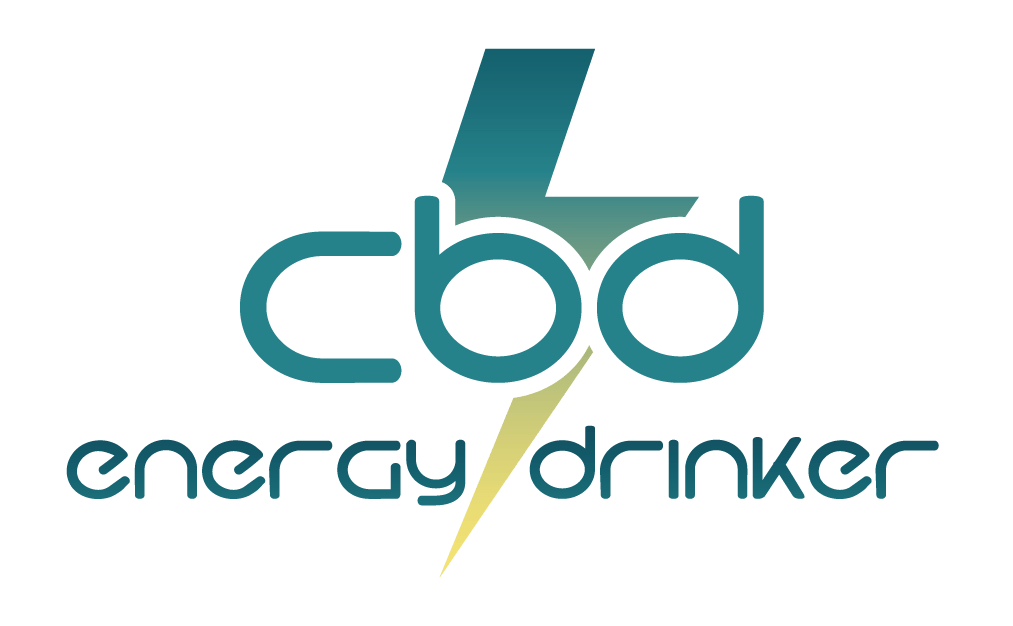In the quest for peak cognitive performance—think razor-sharp focus, steady coordination, and a clear mental edge—many turn to the familiar pick-me-up of caffeine. But what if you could get the alertness of caffeine without the jitters, racing heart, or crash? Enter cannabidiol (CBD) and the intriguing possibility of a “calm alertness” state—how might this tandem really work?
Harnessing the alerting power of caffeine
Caffeine is one of the most thoroughly studied cognitive enhancers. By blocking adenosine receptors (primarily A₁ and A₂A), it reduces the brain’s perception of fatigue, increases wakefulness, and boosts mood and performance even in non-sleep-deprived individuals. The result: sharper reaction time, improved sustained attention, and that “focused” feeling after your first cup.
Yet this alertness comes at a cost: too much caffeine can trigger jitteriness, elevated heart rate, overstimulation, and eventually a rebound crash. There’s a curve to caffeine’s benefits—and beyond the peak, you risk getting scattered, anxious, or depleted.
CBD’s role in modulation—not sedation, but balance
CBD isn’t about getting stoned or fizzled out; rather, emerging evidence suggests subtle modulation of mood, stress, and neural networks. Neuroimaging shows CBD alters activity in brain regions tied to anxiety, emotional processing, and resting connectivity. Moreover, a dose-ranging trial found acute oral CBD (15 mg to 1,500 mg) did not impair cognitive performance or driving ability in healthy volunteers. In short, CBD appears safe from a cognitive performance standpoint and has calming features without heavy sedation.
The intersection: How CBD might temper caffeine’s edges
When combined, caffeine and CBD appear to sit on opposite ends of the arousal-modulation spectrum—caffeine ramping up alertness, CBD dialing down over-arousal and jitter. Several mechanisms may help explain the synergy:
- Adenosine system interplay: While caffeine blocks adenosine receptors, CBD may inhibit adenosine re-uptake, increasing adenosine’s presence in the synapse. This can blunt caffeine-induced jitters and promote a calmer, more sustainable alertness.
- Pharmacokinetics & metabolism: When caffeine was administered with steady-state CBD, caffeine’s exposure nearly doubled, and its half-life extended. That means the stimulant effect may last longer and behave differently in the presence of CBD—helping smooth the caffeine “curve.”
- Modulation of stress networks: Because CBD can attenuate neural activity in anxiety-related circuits, the combination may allow you to stay alert without becoming anxious.
Putting it into practice: achieving calm alertness
For anyone seeking focus in work, fitness, or creative flow, this combination offers an intriguing possibility. Here’s how to approach it:
1. Start modestly: Pair a standard caffeine dose (100–200 mg) with a low-moderate CBD dose (10–30 mg) and monitor how you feel.
2. Tune the ratio: Some find their sweet spot where they feel “on,” not “amped.” If caffeine makes you jittery, adding CBD may tether the edges.
3. Time it consciously: CBD can extend caffeine’s window, so avoid using this combo too late in the day.
4. Prioritize quality: Use tested CBD products and moderate caffeine intake. Focus isn’t only chemical—it’s also sleep, nutrition, and mindset.
5. Recognize limits: Research on combined effects is still developing. Much of what’s known is experiential rather than long-term clinical.
The Mindful Edge
Caffeine delivers the spark, CBD offers the stability. Together, they may create a state of calm alertness—focused, energized, yet emotionally grounded. Think less of “boosting” and more of balancing—calibrating the brain’s rhythm instead of just pressing the accelerator.
For those seeking a smoother cognitive climb—whether for work, wellness, or creativity—the science of calm alertness is about mastering equilibrium: being awake, aware, and at ease in the same moment.
